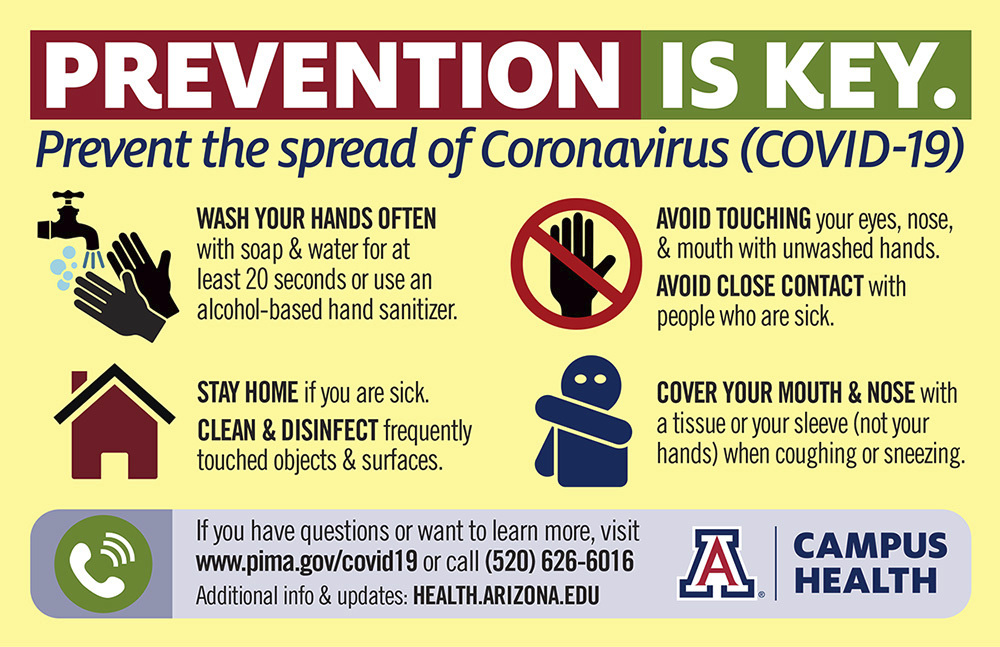Understanding COVID-19

COVID-19 is a respiratory illness that is caused by the SARS-CoV-2 virus. The virus is highly contagious and can be spread through respiratory droplets, contact with contaminated surfaces, and close contact with infected individuals. The symptoms of COVID-19 can range from mild to severe and include fever, cough, shortness of breath, and fatigue. In severe cases, COVID-19 can cause pneumonia, acute respiratory distress syndrome, and even death.
Personal Hygiene
One of the most effective ways to prevent the spread of COVID-19 is through personal hygiene. This includes:
- Washing your hands: Frequently washing your hands with soap and water for at least 20 seconds is essential to preventing the spread of COVID-19. Hand sanitizer can be used as an alternative if soap and water are not available.
- Covering your mouth and nose: When coughing or sneezing, covering your mouth and nose with a tissue or your elbow can help prevent the spread of respiratory droplets.
- Avoiding close contact: Maintaining a distance of at least 6 feet from others can help prevent the spread of COVID-19.
- Avoiding touching your face: Avoiding touching your face, particularly your eyes, nose, and mouth, can help prevent the introduction of the virus into your body.
Social Distancing
Social distancing is another crucial measure in preventing the spread of COVID-19. This includes:
- Avoiding crowded areas: Avoiding crowded areas, such as public transportation, shopping malls, and restaurants, can help reduce the risk of transmission.
- Working from home: Working from home, if possible, can help reduce the risk of transmission and prevent the spread of the virus.
- -canceling events: Canceling events, such as conferences and gatherings, can help reduce the risk of transmission and prevent the spread of the virus.
- Limiting travel: Limiting travel, particularly to areas with high rates of transmission, can help reduce the risk of transmission and prevent the spread of the virus.
Vaccination
Vaccination is a highly effective way to prevent the spread of COVID-19. The COVID-19 vaccine has been shown to be safe and effective in preventing severe illness and hospitalization due to COVID-19. The vaccine is recommended for:
- High-risk individuals: Individuals who are at high risk of severe illness due to COVID-19, such as older adults and those with underlying health conditions, should receive the vaccine.
- Healthcare workers: Healthcare workers who are at risk of exposure to COVID-19 should receive the vaccine.
- Essential workers: Essential workers, such as those in the food industry and transportation, should receive the vaccine.
Other Measures
In addition to personal hygiene, social distancing, and vaccination, there are other measures that can be taken to prevent the spread of COVID-19. These include:
- Wearing masks: Wearing masks, particularly in crowded areas, can help reduce the risk of transmission.
- Using disinfectants: Using disinfectants, such as bleach and alcohol, can help kill the virus on surfaces.
- Improving ventilation: Improving ventilation, particularly in indoor areas, can help reduce the concentration of respiratory droplets.
- Monitoring temperature: Monitoring temperature, particularly in public areas, can help identify individuals who may be infected with COVID-19.
FAQ
- Q: What is the best way to prevent the spread of COVID-19?
A: The best way to prevent the spread of COVID-19 is through a combination of personal hygiene, social distancing, and vaccination. - Q: How long does it take for symptoms to appear after exposure to COVID-19?
A: Symptoms of COVID-19 can appear anywhere from 2-14 days after exposure. - Q: Can COVID-19 be spread through contaminated food and water?
A: There is currently no evidence to suggest that COVID-19 can be spread through contaminated food and water. - Q: How effective is the COVID-19 vaccine?
A: The COVID-19 vaccine has been shown to be highly effective in preventing severe illness and hospitalization due to COVID-19. - Q: Can COVID-19 be treated with antibiotics?
A: COVID-19 is caused by a virus and cannot be treated with antibiotics.
Conclusion
Preventing the outbreak of COVID-19 requires a comprehensive approach that includes personal hygiene, social distancing, vaccination, and other measures. By understanding the causes and symptoms of COVID-19, individuals can take steps to protect themselves and their communities. The COVID-19 vaccine has been shown to be highly effective in preventing severe illness and hospitalization due to COVID-19, and vaccination is recommended for high-risk individuals, healthcare workers, and essential workers. By working together, we can prevent the spread of COVID-19 and mitigate its impact on individuals, communities, and the world at large.
In conclusion, the prevention of COVID-19 outbreak requires a collective effort from individuals, communities, and governments. By taking the necessary precautions, such as practicing good hygiene, maintaining social distancing, and getting vaccinated, we can reduce the risk of transmission and protect ourselves and our loved ones. It is also important to stay informed and up-to-date on the latest developments and guidelines from reputable sources, such as the World Health Organization and the Centers for Disease Control and Prevention. By working together and taking a proactive approach, we can overcome this pandemic and create a healthier and safer world for everyone.
Closure
Thus, we hope this article has provided valuable insights into COVID-19 outbreak prevention. We thank you for taking the time to read this article. See you in our next article!